Dates are rich in fiber and antioxidants. Their nutritional profile may support cognitive health and help stave off certain illnesses.
Dates are the fruit produced by the date palm, cultivated across many tropical and subtropical areas. They’ve risen in popularity over recent years.
Nearly all dates available in Western markets are sold dried.
You can distinguish dried from fresh dates by their look. Wrinkled skin signals a dried date, while smooth skin indicates a fresh one.
Depending on the cultivar, fresh dates are relatively small and vary in color from bright red to golden yellow. Popular varieties include Medjool and Deglet Noor.
Dates have a chewy texture and a distinctly sweet taste. They’re also a good source of several key nutrients and offer various benefits and culinary uses.
This article outlines eight health advantages of consuming dates and suggests ways to incorporate them into your meals.
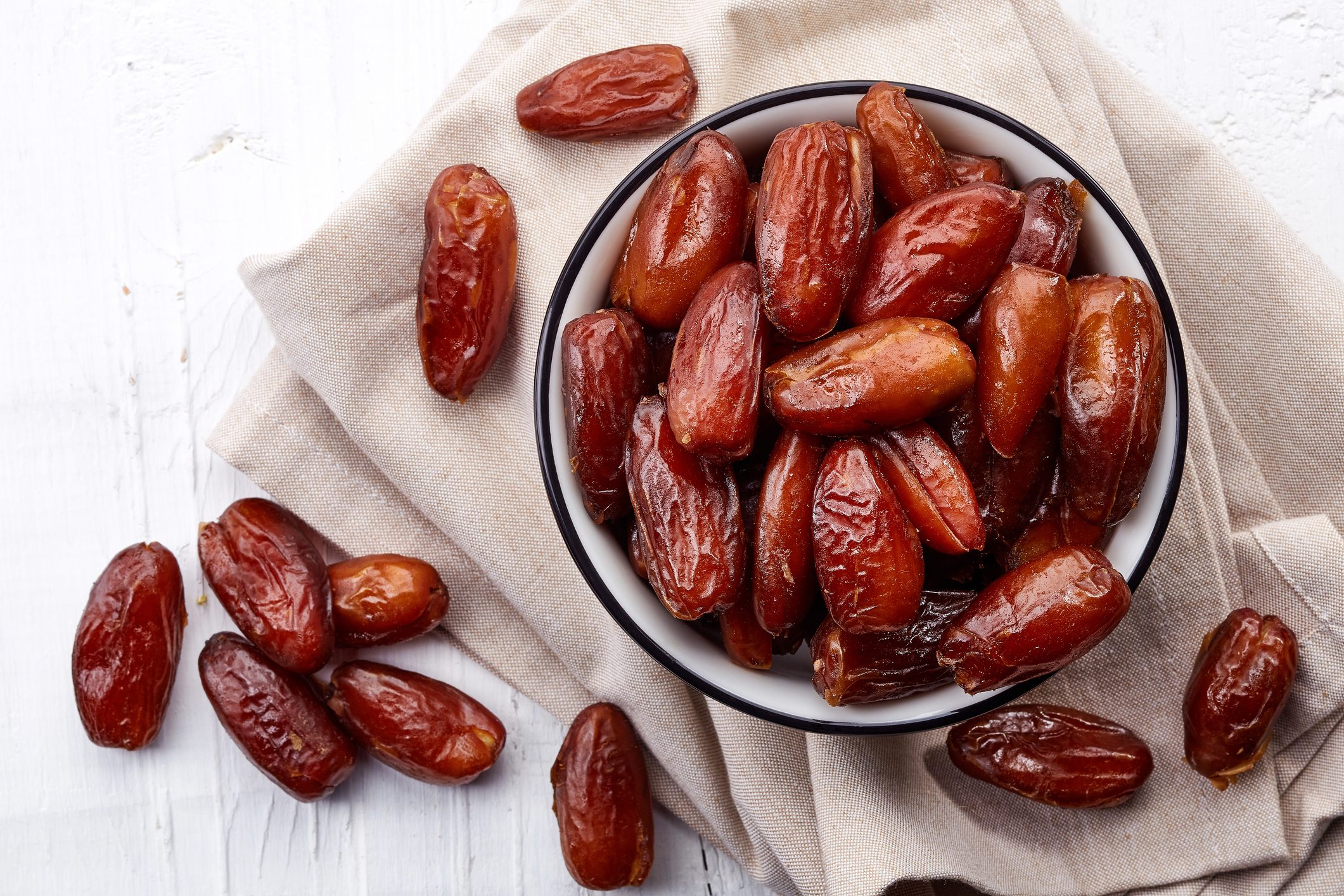
1. Highly nutritious
Dates boast a strong nutritional profile.
Because most sold dates are dried, their calorie density is higher than that of the majority of fresh fruits. Their energy content is comparable to other dried fruits like raisins and figs.
The bulk of calories in dates come from carbohydrates, with a small contribution from protein. Despite being calorie-dense, dates provide meaningful amounts of vitamins, minerals, and dietary fiber.
A 3.5-ounce (100-gram) portion of Medjool dates supplies the following nutrients:
- Calories: 277
- Carbohydrates: 75 grams
- Fiber: 7 grams
- Protein: 2 grams
- Potassium: 15% DV
- Magnesium: 13% DV
- Copper: 40% DV
- Manganese: 13% DV
- Iron: 5% DV
- Vitamin B6: 15% DV
Dates are also loaded with antioxidants, which likely play a role in many of their health-promoting effects.
SummaryDates provide a variety of vitamins and minerals, along with fiber and antioxidants. Keep in mind they are calorie-dense because they are dried.
2. Good source of fiber
Adequate fiber intake is essential for overall health.
With nearly 7 grams of fiber per 3.5-ounce serving, adding dates to your diet can be an effective way to boost your fiber consumption.
Fiber supports digestive health by helping to prevent constipation. It aids regular bowel movements by contributing bulk to stool.
In one study, 21 people who ate 7 dates daily for 21 days experienced increased stool frequency and more frequent bowel movements compared with periods when they did not consume dates.
Additionally, the fiber in dates may help moderate blood sugar. Fiber slows digestion and can prevent sharp spikes in blood glucose after meals.
For that reason, dates have a low glycemic index (GI), a measure of how rapidly a food raises blood sugar.
SummaryDates are fiber-rich, which can help ward off constipation and aid in blood sugar regulation.
3. Packed with disease-fighting antioxidants
Dates supply a range of antioxidants that contribute to several health advantages, including a lower risk of chronic diseases.
Antioxidants shield cells from free radicals—unstable molecules that can trigger harmful reactions and increase disease risk.
Compared with similar dried fruits like figs and prunes, dates tend to have especially high antioxidant levels.
Below are three major antioxidant groups found in dates:
- Flavonoids: These potent antioxidants may reduce inflammation and have been investigated for potential protective effects against diabetes, Alzheimer’s disease, and some cancers.
- Carotenoids: Carotenoids support cardiovascular health and may lower the risk of eye disorders such as macular degeneration.
- Phenolic acids: Known for anti-inflammatory effects, phenolic acids may help decrease the risk of cancer and heart disease.
SummaryDates contain multiple antioxidant types that could help prevent chronic conditions like heart disease, cancer, Alzheimer’s, and diabetes.
4. May support brain health
Consuming dates may have beneficial effects on brain function.
Lab studies indicate dates can reduce inflammatory markers in the brain, including interleukin 6 (IL-6). Elevated IL-6 levels are linked to greater risk of neurodegenerative disorders like Alzheimer’s.
Other research, including animal experiments, suggests dates reduce the activity of amyloid-beta proteins, which can aggregate into plaques in the brain.
Plaque buildup interferes with neuronal communication and may result in cell death and Alzheimer’s disease.
One animal study showed that mice fed a diet mixed with dates demonstrated markedly better learning and memory, along with fewer anxiety-like behaviors, compared with mice not given dates.
The putative cognitive benefits of dates are thought to stem from their anti-inflammatory antioxidants, such as flavonoids.
Still, further human research is required to establish dates’ effects on brain health conclusively.
SummaryDates may reduce brain inflammation and help prevent plaque formation, potentially lowering Alzheimer’s risk.
5. May help encourage natural labor
Dates have been evaluated for their potential to support and ease late-term labor in expectant mothers.
Eating dates during the final weeks of pregnancy might encourage cervical dilation and reduce the need for induction. They may also shorten overall labor duration.
A pooled analysis from 2011 of studies where pregnant participants consumed dates prior to delivery found those who ate dates had shorter labor times than those who didn’t, although the connection between date intake and faster delivery warrants further study.
A 2017 study of 154 pregnant women observed that those who consumed dates were considerably less likely to require induction than those who didn’t.
Another trial with 91 pregnant participants who ate 70–76 grams of dates daily from week 37 onward found they spent about 4 fewer hours in active labor than those who did not consume dates.
While these findings suggest dates may facilitate labor and reduce its length, additional research is necessary to confirm these effects.
The potential role of dates in labor is likely linked to compounds that interact with oxytocin receptors and mimic oxytocin’s effects; oxytocin is the hormone that stimulates contractions. Dates also contain tannins, which may assist in triggering contractions, and they provide natural sugars and calories to help maintain energy during labor.
SummaryEating dates in the final weeks of pregnancy may promote natural labor and reduce labor duration for some people.
6. Natural sweetener
Dates are a source of fructose, the natural sugar present in fruit.
Because of their high sweetness and subtle caramel notes, dates make an excellent healthier alternative to refined white sugar, providing extra nutrients, fiber, and antioxidants.
A practical way to swap dates for white sugar is to make date paste, as shown in this recipe. Date paste is created by blending dates with water. A common guideline is to replace sugar with date paste at a 1:1 ratio.
For instance, if a recipe needs 1 cup of sugar, substitute it with 1 cup of date paste.
Keep in mind that although dates are nutrient-rich and contain fiber, they’re still energy-dense and should be eaten in moderation.
SummaryDue to their sweetness, nutrients, and fiber, dates are a wholesome replacement for white sugar in many recipes.
7. Other possible health effects
There are additional claimed benefits of dates that haven’t been thoroughly researched yet.
- Bone health: Dates supply minerals like phosphorus, calcium, and magnesium, which have been investigated for potential roles in preventing bone disorders such as osteoporosis.
- Blood sugar management: Dates may assist with blood glucose control thanks to their low glycemic index, fiber, and antioxidant content. This suggests they might be supportive in diabetes management.
Although these effects are promising, more controlled human trials are needed to draw firm conclusions.
SummarySome evidence suggests dates may support bone health and blood sugar regulation, but the research is not yet sufficient.
8. Easy to include in meals
Dates are highly versatile and make a tasty snack on their own. They pair well with items like almonds, nut butters, or soft cheeses.
Because they’re sticky, dates are excellent as a natural binder in baked treats such as cookies and bars. Blend them with nuts and seeds to create homemade snack bars or energy bites, as in this recipe.
You can also use dates to sweeten sauces like salad dressings and marinades or to enhance smoothies and porridge.
Remember that dates are calorie-dense and very sweet, which can make it easy to overconsume. Enjoy them in moderation.
SummaryDates can be eaten plain or used in many recipes, from snacks to sauces, making them simple to add to your diet.
The bottom line
Dates are a nutritious fruit worth including in your eating plan.
They’re rich in various nutrients, fiber, and antioxidants, which may support digestive health and help lower disease risk.
There are many ways to enjoy dates—one favored option is using them as a natural sweetener. They also serve as a convenient, tasty snack.
Dried dates are the most commonly found form and are higher in calories than fresh fruit, so consumption in moderation is wise.
Overall, dates are both nutritious and delicious, making them a valuable addition to a balanced diet.


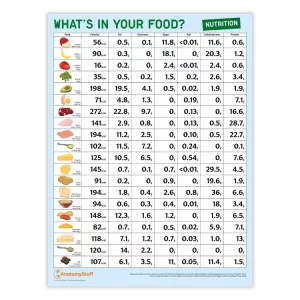


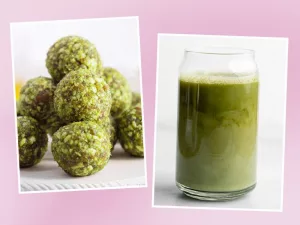


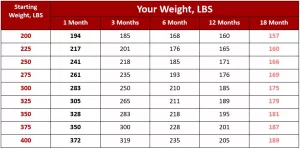










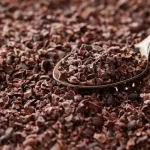





Leave a Reply
You must be logged in to post a comment.